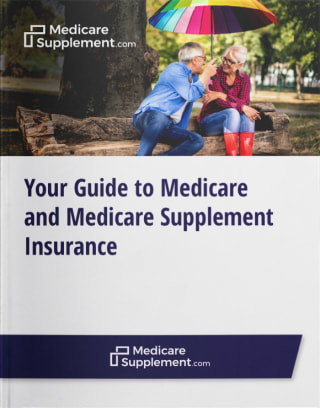All your life, your parents looked out for you. As they grow older, it’s time for you to return the favor. And properly looking out for your elderly parents means knowing what to look for in the first place.
The signs of aging aren’t always as obvious as you may think. Many of the more concerning signals of getting older are behavioral in nature and can indicate if a person may need to start receiving at-home care or move into an assisted living facility.
There are a number of warning signs to look for in an aging parent and picking up on them is the first step toward keeping your loved ones healthy and safe and improving their well-being.

Signs to Look For
If you have an aging parent, look for the following signs that can indicate a need for special care:
- Trouble keeping track of time
- An increased amount of sleeping during the day
- Weight loss and dramatic changes in diet
- Decreasing interest in hobbies or activities
- Sudden or extreme mood swings
- Bruises, cuts or scrapes that are not easily explained
- Damage or scuff marks on walls, doors and furniture that could be indicative of falls
- Difficulty getting up when seated
- Confusion while performing routine tasks
- Forgetfulness, especially regarding medications or appointments
- Poor judgement regarding scams and sales pitches
- Diminished personal appearance, grooming and hygiene
- Shortage of food in the house
- Unkempt home or increasing clutter
- Piles of unopened mail or dirty laundry
- Bounced checks, late payment notices or utilities being turned off because of missed bills
- Dents or scratches on car that are not easily explained
When You Live Far Away
These days, many families are geographically spread out and you may not be able to personally check in with an aging parent on a regular basis. But there are still some things you can do monitor your loved one from afar.
Make a friend
When visiting for a holiday, find out if your parent is friendly with any of their neighbors and find some time to visit with that person in private. Explain your concerns and ask if that person would be willing to visit your parent once a week and report back to you.
Issue tests
You can monitor your parent’s cognitive health over the phone by performing subtle tests of their memory. Jot down some notes of your phone conversation about errands they performed, appointments they have or things they recently watched on TV. Then call them a few days later and ask about some of those things to see if they readily remember or display confusion.
Seek professional services
You may want to consider getting professional help to check in on your loved one. There are daily calling services that will place a computerized phone call to your parent at a designated time each day. If there is no answer, you will receive a backup call.
Churches and community groups will often coordinate a volunteer visiting program that will make regular visits to elderly residents.
Talking to Your Parent
The conversation with your aging parent about possibly needing some at-home care or moving into an assisted living home can be a difficult one. Below are some tips on how to approach this talk.
Watch your language
Try to paint caregiving in a positive light. Call an assisted living home a “community” instead of “facility,” and talk more about the activities and social opportunities than about doctors or medications.
Listen
“The talk” should be a dialogue, not a monologue. Instead of lecturing your loved one about needing care, listen to their needs and opinions and be welcoming and respectful to those views.
Nurture the conversation
The initial talk should be nothing more than planting a seed. Don’t make it sound as if you have already made a decision for them. Make it an ongoing conversation that you can gradually groom over time.
Leverage teachable moments
If your parent suffers a fall, takes an improper dose of medication or experiences some other type of mishap, use that as a springboard for having another talk about professional care.
Play your cards right
Let your parent know how much you worry about them and how moving into an assisted living community would alleviate a lot of your fears. Come across as feeling worried about (not burdened) by them.
Let it sink in
After each talk, back off from the topic and let it sink in. Allow your loved one some time to process everything before bringing it back up again.
The Financials
When considering at-home care or assisted living for your parent, it’s important to know the cost behind the care. Assisted living can cost in the thousands of dollars per month, so it’s important to estimate what can be afforded and how it will be paid for.
For help paying for assisted living care, consider purchasing a long-term care insurance policy.
Learn more about helping your aging parents stay healthy and active with these featured articles:
*This content is not medical advice, nor is it a substitute for professional medical advice, diagnosis, or treatment.
----------
Sources:
Washington Post: https://www.washingtonpost.com/national/health-science/for-older-people-living-alone-daily-automated-calls-can-mean-safety
Assisted Senior Living: http://www.assistedseniorliving.net/ba/facility-costs.cfm




